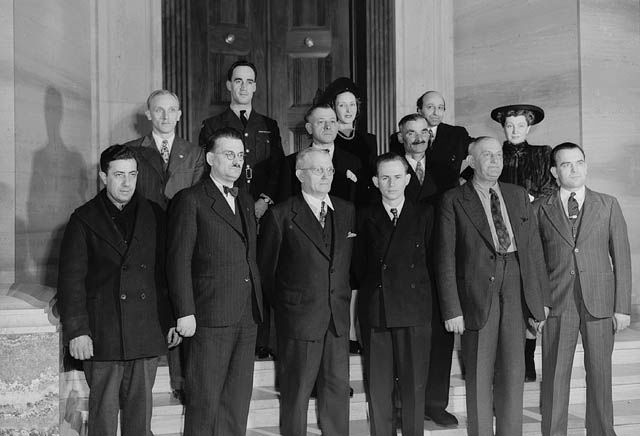On 27 June 1946, the nation’s parliament approved the Canadian Citizenship Act by a majority vote, making Canada independent of being a British subject. The act came into force on 1 January 1947. Canada was the first country of the Commonwealth of Nations to have its own citizenship laws.
Under the new act, Canadian citizenship was immediately granted to persons born in Canada; persons who had received a certificate of naturalisation; persons who had been resident in Canada for five years as immigrants; women who had married Canadians before 1947; and children born abroad to Canadian parents. The legislation was a milestone in the history of the Commonwealth.
The Commonwealth of Nations began to form in the first half of the 20th century as result of the decolonisation of the British Empire. The Commonwealth was formally established at the Imperial Conference of British Empire leaders of 1926, when the Balfour Declaration was adopted. According to the declaration, the United Kingdom and the Dominions had “equal status and were not dependent on one another in whatever aspect of their domestic or foreign policy, despite the fact that their loyalty to the Crown brings the total and free membership in the British Commonwealth of Nations”.
Formally, the British monarch was the head of these states. However, the monarchy had no real power in the management of these countries. The Commonwealth states also maintain normal diplomatic relations among themselves. Formally, the British Empire ceased to exist in 1946.
Source:
Sukhorukov A. B. British Commonwealth of Nations: Past and Present / New and Recent History. 2006.
























